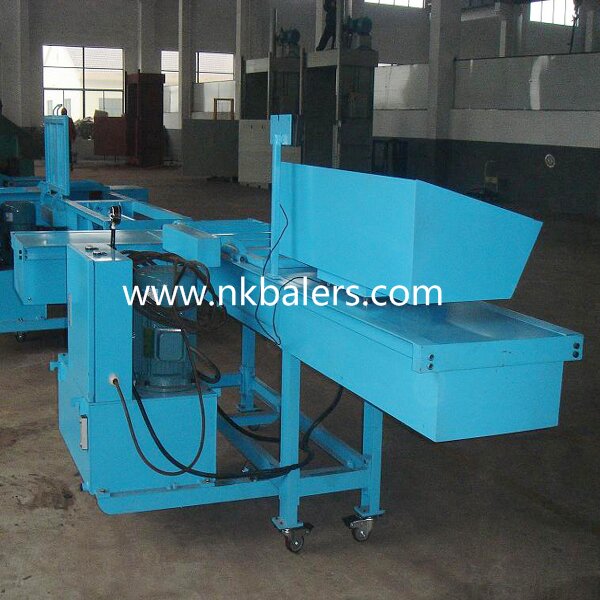Wiper Rag Compactor Value
Release time: 2024-06-24 sentiment:123 time
Rag compressor, also known as a waste cloth fiber baling machine or industrial rag compression blocker, is a device used to compress and bale materials such as waste cloth heads, wiping rags, and cotton gauze.This equipment uses hydraulic or mechanical pressure to compact waste into blocks, facilitating transportation and reuse.Type is one of the main factors influencing the price. Metal baling presses and automatic horizontal balers are two common types of rag compressors. Metal baling presses are usually used for handling more robust waste fabrics, while automatic horizontal balers are suitable for applications requiring high efficiency and automation. These different technical characteristics and application scenarios result in differences in their manufacturing costs and selling prices.
Brand and performance are also key factors determining the price. Wellknown brands such as Jinjia command higher prices due to their good market reputation and excellent quality assurance. Additionally, performance parameters such as power, weight, overall dimensions, and maximum and minimum packaging widths all impact the price. For example, a Jinjia brand rag compressor with 7.5KW of power and weighing 500KG is priced relatively higher due to its high power and heavyduty design.
Moreover, whether custom processing services are provided also affects the price. Customized machines are designed and manufactured according to specific customer needs, which not only requires higher technical and production costs but also means they can offer more professional and personalized services, hence naturally pricing higher than standard models.
Lastly, market supply and demand, fluctuations in raw material prices, transportation, and installation costs are also important considerations in determining the price of a rag compressor. Increased demand in the industrial cleaning and textile recycling markets may drive up the prices of related equipment. Meanwhile, changes in the prices of raw materials like steel directly affect production costs, thereby reflecting in the final sales price.

